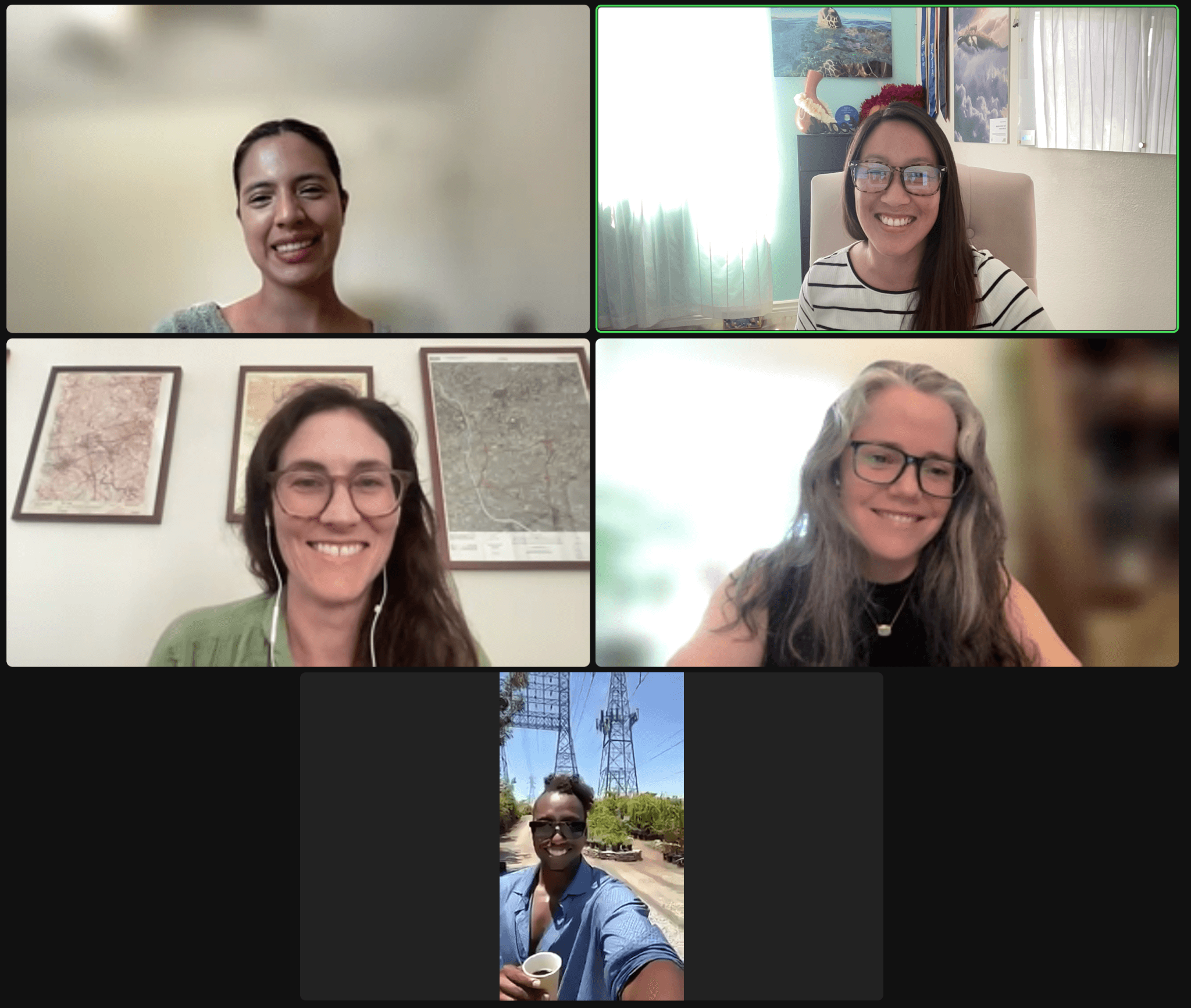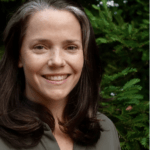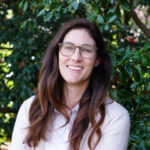“If you want to go fast, go alone. If you want to go far, go together.” -African Proverb
Thank you to the many hands across the state that lift up the UC-CSU Environmental and Climate Change Literacy Projects (ECCLPs) initiative. Without your leadership, partnership, and critical support, none of this would be possible or meaningful. We are driven by our hopes for a more just and equitable future in which all beings can thrive, and I’m humbled to have this opportunity to serve and lead ECCLPs standing shoulder to shoulder with you all.
Although I’m tempted to share a great deal with our supporters and critical thought partners in this first article, I’m reminded that our impact will not be measured by the number of achievements we have or will accomplish but instead whether those we aim to support can see and feel the difference we seek to make. Do our teachers feel a shift in the narrative around climate and environmental literacy? Are our students positioned as changemakers and drivers of solutions for their communities? How well are we creating spaces that center on diversity, justice, equity, and inclusion? In what ways do we (and will we) honor those who have forged the current path and continue to pave the way for future generations through our collective strength, resilience, and resistance? These, along with many other guiding questions, help to steer our efforts and strategic thinking, as we advance climate action through education to catalyze mitigation and adaptation approaches in culturally relevant ways.

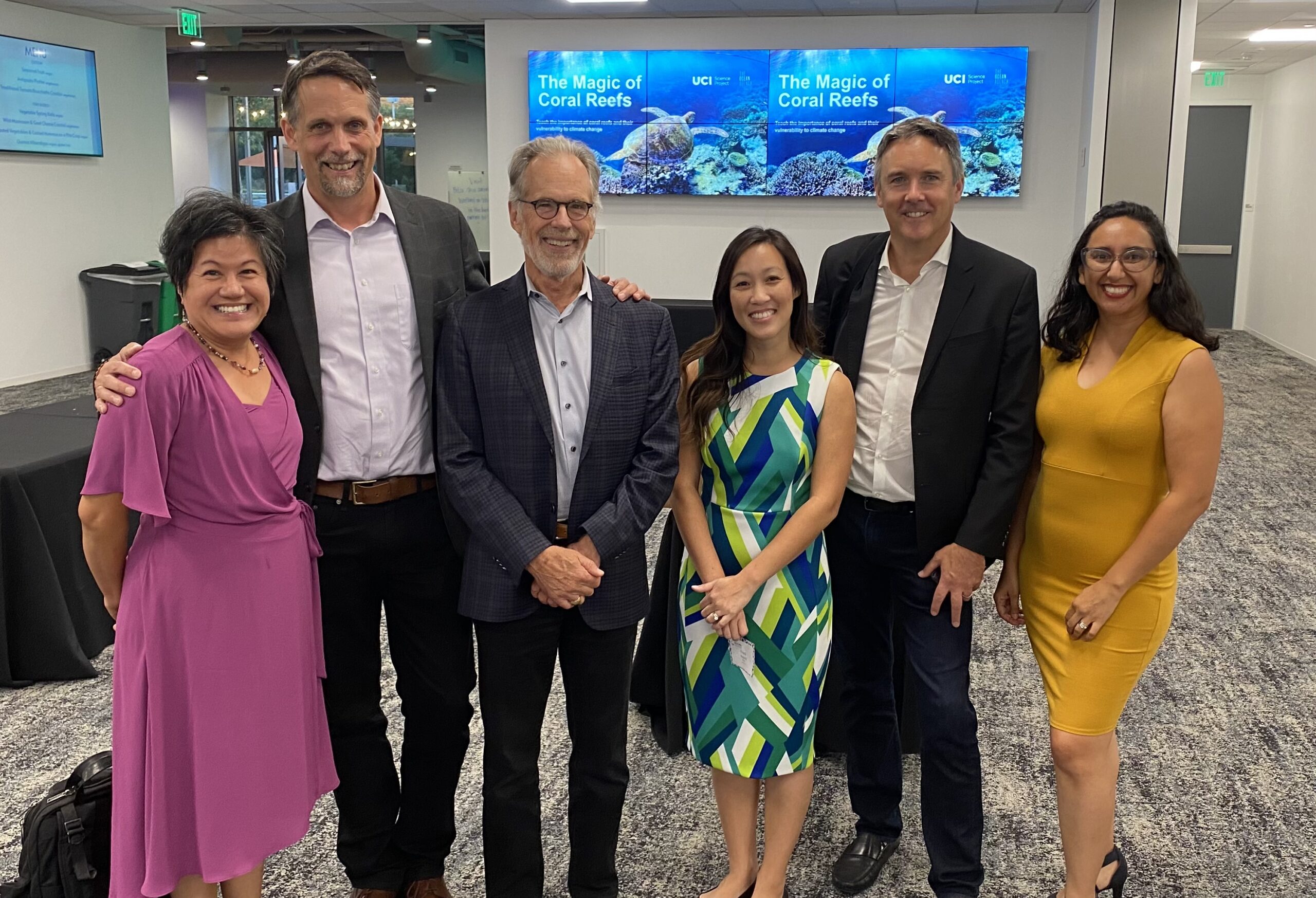
I’m grateful for Ten Strands’ partnership with ECCLPs and for providing space to allow us to share more about our ongoing efforts. These key partnerships make up the forces needed to generate a powerful rising tide. On that note, I want to shine a light on the incredible leaders that I have the great privilege to be able to serve alongside as we begin to tackle the overarching recommendations of the ECCLPs Executive Report. Next you’ll hear from Jakobi Ewart, who leads our Community-Based Partner Committee, Linnea Beckett from the Research Committee, and Heather Clark from the PK–12 Teaching and Learning Committee. Across the committees, hubs, and workgroups, early discussions have led us to ensure the work is (a) interdisciplinary and transdisciplinary, (b) culturally and linguistically relevant and responsive, (c) centered on equity and justice, (d) honoring traditional ecological ways of knowing and being, (e) focused on activating student agency through solution- and systems-oriented approaches, and (f) codifying the essential and often overlooked role that our education systems play as a catalyst for climate action and capacity builders for climate resilience. Thank you again to our supporters, leaders, and partners. We hope to see you at our upcoming events to expand the current boundaries of what is. If you haven’t reached out to connect with ECCLPs yet, I always welcome the opportunity to collaborate in meaningful ways to define what can be together.

Meet Jakobi Ewart, Community-Based Partner (CBP) Committee Lead
The impact that I’m looking forward to making as the CBP lead is bridging the relationship between schools in underserved and marginalized communities and CBPs to supplement both the needs of the schools and the students. Students in DACs (disadvantaged communities), invariably, aren’t provided with the opportunity to go outside of their own perspectives molded by the socio-economic disparities surrounding them. What capacity might they have for environmental literacy and justice if they are struggling in their everyday lives with many other injustices?
The environment shapes the beliefs and values we hold about ourselves and our relation to the world. Our committee efforts are crucial because CBPs can help students unearth their passion and share resources to nurture and develop it, outside of what some schools have the capacity to provide. CBPs provide students the opportunities to engage in experiences, outside their normative environment, that challenge them both on a physical and intrinsic level. If schools in DACs have an active relationship with CBPs, the opportunities for empowerment become even closer than what they were before.
ECCLPs comprises teachers, CBPs, researchers, institutions, stakeholders, and other tremendous individuals who are actively looking to make a difference. Those relationships are the keys to ECCLPs’ continued success in changing the environmental literacy landscape!

Meet Linnea Beckett, Research Committee Lead
ECCLPs’ committee structure and charge toward envisioning and supporting all of California’s high school graduates to be literate in climate change and environmental justice issues and solutions is both exciting and very ambitious! This initiative is unique in how it centers equity, justice, and action in climate education and grapples with the historical exclusion of so many important voices and approaches to face the real, ongoing, and increasing effects of climate change. The wickedness of climate change must be met with innovative coalitions of researchers, practitioners, and community voices. We must break down institutional silos, center on community knowledge, and recognize the natural and social world are inextricably linked. And we must do this work together! I am excited to lead and learn with my colleagues in the Research Committee and support the work of both the PK–12 Teacher and Community-Based Partner Committees to develop urgent innovations in climate and environmental justice literacy for PK–12 California public schools.
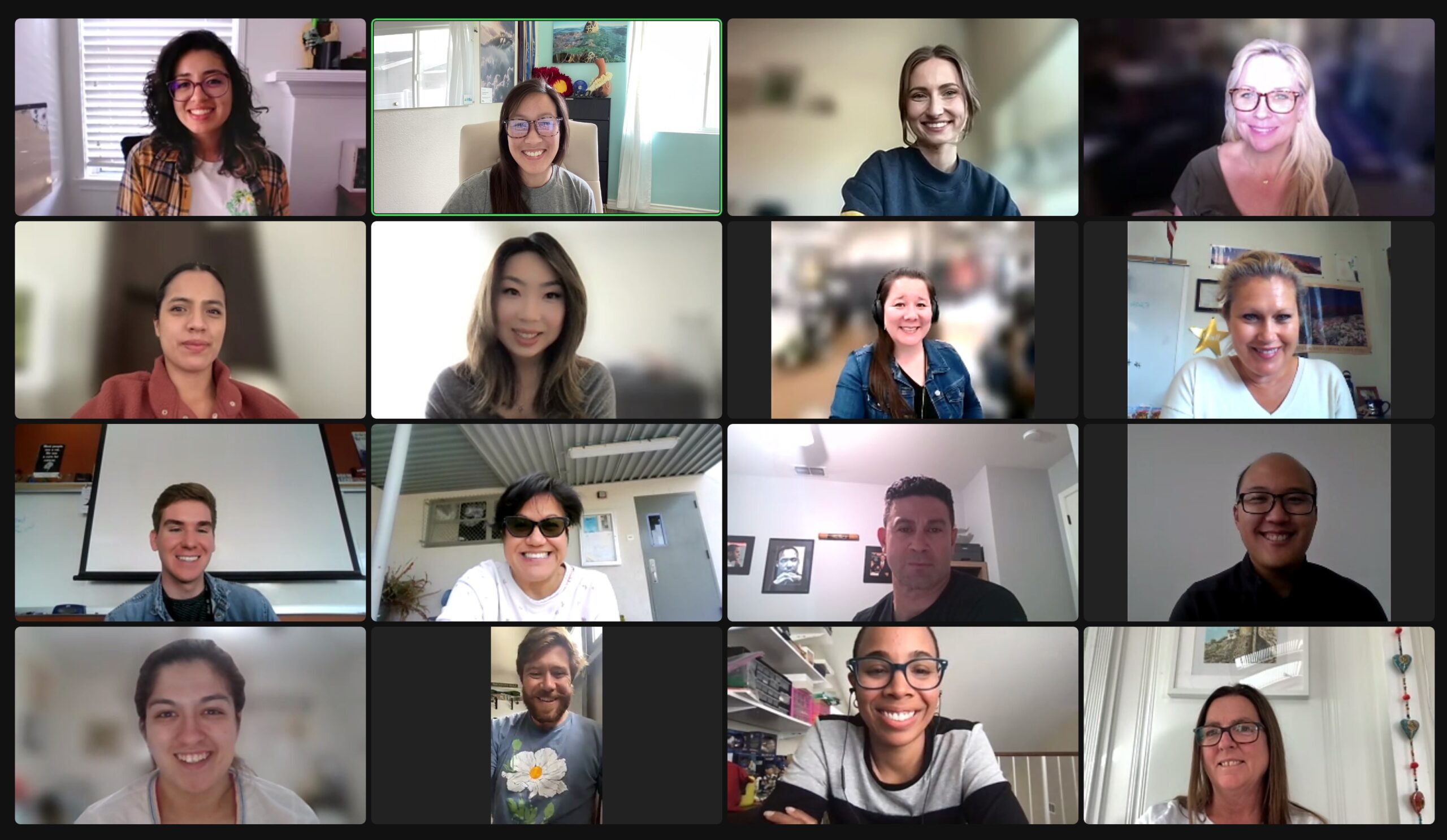
Meet Heather Clark, PK–12 Teaching and Learning Committee Lead
Across the work in the Teaching and Learning Committee and the California State University Dominguez Hills (CSUDH) hub, I am excited about supporting teachers and students in the communities most affected by climate change and building their capacity to advocate for change that ameliorate these effects. This will focus on ensuring that our PK–12 educators, across subject matters, have the knowledge, dispositions, and supportive communities of practice to draw a throughline from the origins of climate and environmental injustices that matter in a community to the actions that can be taken to remediate those injustices. Just as critical, we’ll work to ensure that they learn to help their students draw that throughline as well. At the CSUDH hub, working in collaboration with key campus and community partners, we aim to give future and current educators opportunities to learn from the campuses’ institutionalized sustainability efforts to develop their own professional vision of teaching for environmental justice. In the Teaching and Learning Committee, through the collective efforts of a group of sixteen diverse experts, we hope to work against the silos and barriers that position justice-oriented approaches to education as an “add-on” and instead develop a menu of options and resources to help educators and teachers frame climate change as a social problem in which community, justice, and action are integral and integrated. ECCPLs provides exceptional opportunities to advocate for environmental and climate justice as core components of teacher preparation and classroom activities across the state, and I am thrilled to be part of this urgent work.
We look forward to stewarding this initiative together.
